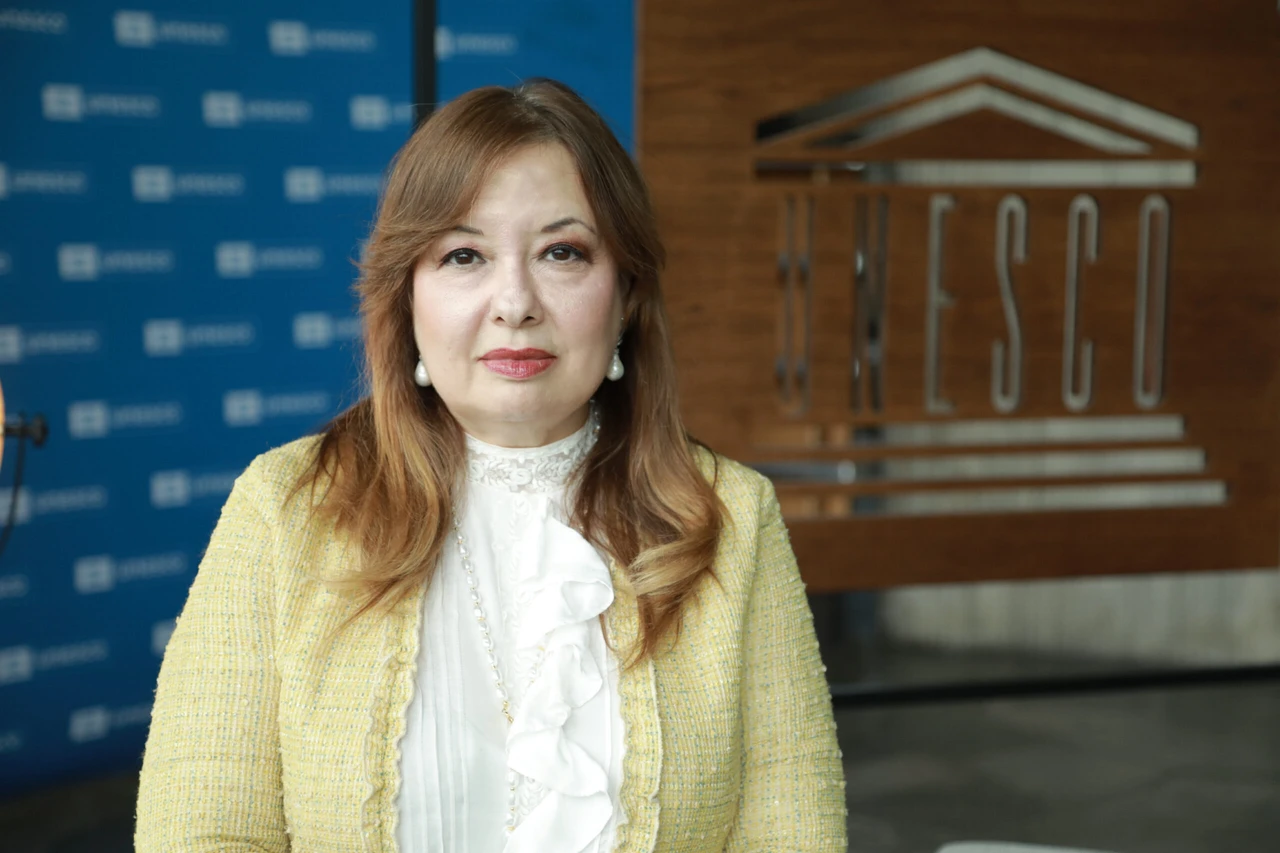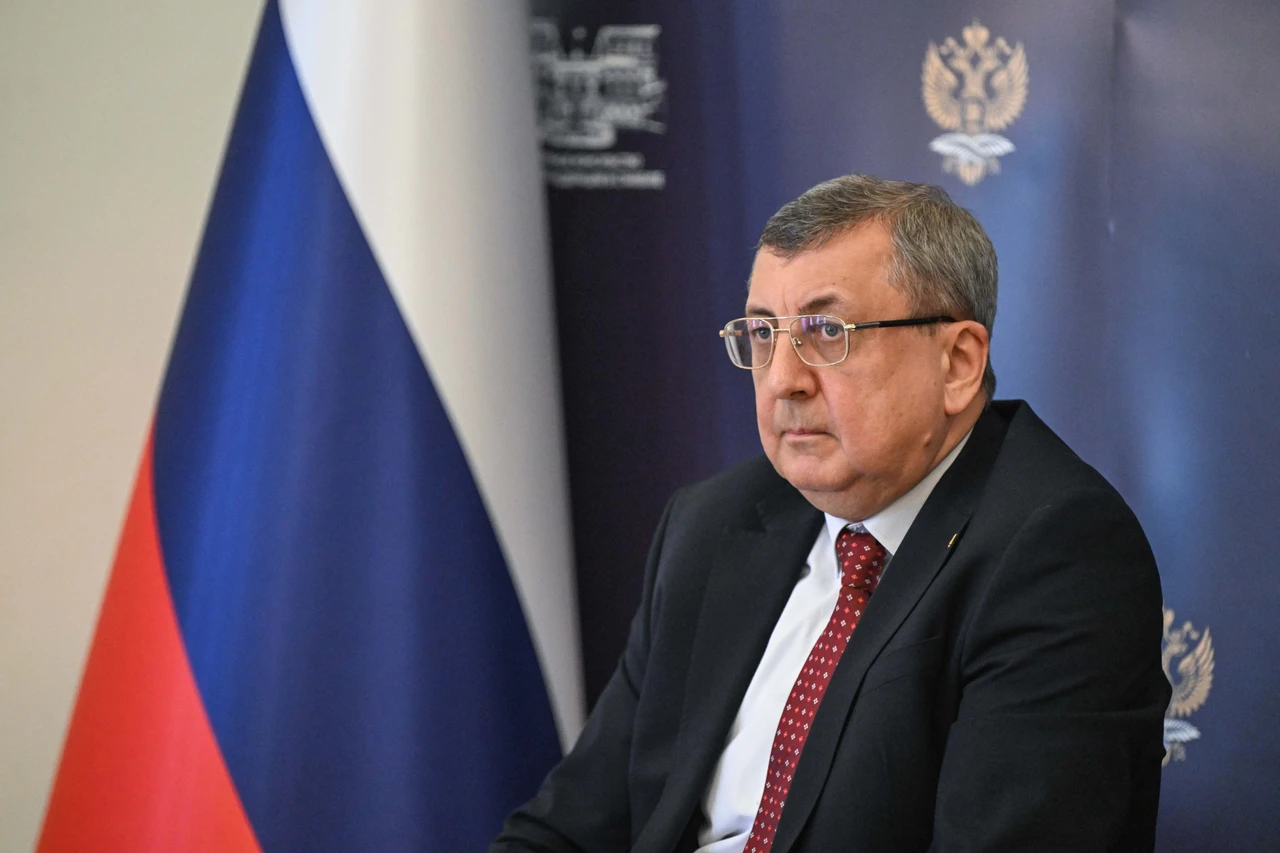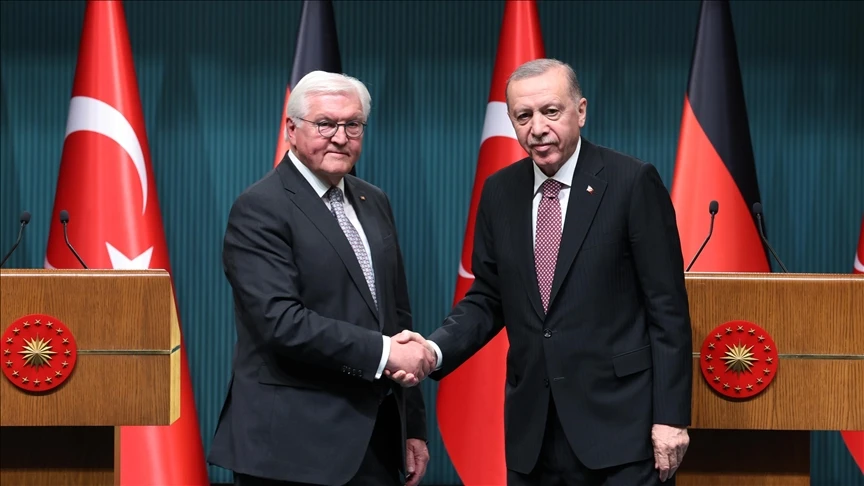Three Turkish NGOs accredited by UNESCO for cultural heritage work
 UNESCO Permanent Representative Ambassador Prof. Dr. Gülnur Aybet in Paris, France on June 13, 2024
UNESCO Permanent Representative Ambassador Prof. Dr. Gülnur Aybet in Paris, France on June 13, 2024
In a significant development for cultural preservation, three Turkish non-governmental organizations (NGOs) have been accredited by UNESCO to serve in advisory roles for the Secretariat of Intangible Cultural Heritage (ICH). The decision was made during the 10th General Assembly of the Intangible Cultural Heritage Convention, held at UNESCO headquarters in Paris.
The newly accredited NGOs are the Bursa UNESCO Association, the Women and Democracy Association (KADEM), and the International Mevlana Foundation. Key attendees at the assembly included Selim Terzi, General Director of Living Heritage and Cultural Events at the Ministry of Culture and Tourism; Türkiye’s Permanent Representative to UNESCO, Ambassador Prof. Dr. Gulnur Aybet; and President of the UNESCO Türkiye National Commission, Prof. Dr. Ocal Oguz.
Ambassador Aybet highlighted the significance of UNESCO’s Convention for the Protection of the World Cultural and Natural Heritage in safeguarding humanity’s intangible heritage for future generations. Aybet emphasized Türkiye’s substantial contributions to the implementation of this convention, noting that Türkiye has 30 elements inscribed on UNESCO’s Intangible Cultural Heritage lists, 13 of which are multinational dossiers.
“This reflects our extensive cooperation with culturally similar countries. The presence of multinational dossiers underscores our commitment to international collaboration and solidarity. We support the accreditation of our NGOs to the ICH Secretariat in this process,” Aybet stated.
Aybet also drew attention to the broader role of Türkiye in preserving intangible cultural heritage in conflict and crisis regions, such as Gaza, urging UNESCO to take proactive measures in these areas.
Selim Terzi, emphasizing the importance of NGO accreditation to UNESCO, said, “For us, the accreditation of civil society organizations with UNESCO is immensely valuable.” He noted that Türkiye has been a leading nation in both cultural heritage production and preservation, with 1,142 elements in the national inventory and 30 inscribed on UNESCO lists, making Türkiye second in the world in this regard.
“In these efforts, the role of civil society organizations is crucial. We will continue to inform and involve our NGOs in this process, knowing that increased NGO participation will strengthen our future standing with UNESCO,” Terzi added.
Terzi underscored Türkiye’s rich cultural landscape, with numerous elements across the country eligible for UNESCO World Heritage recognition. “We aim to enhance our individual and multinational dossiers moving forward,” he said, highlighting the potential for these organizations to better promote their work internationally and contribute to UNESCO initiatives.
“Ensuring the global visibility and recognition of our intangible cultural heritage is a priority,” Terzi concluded.



